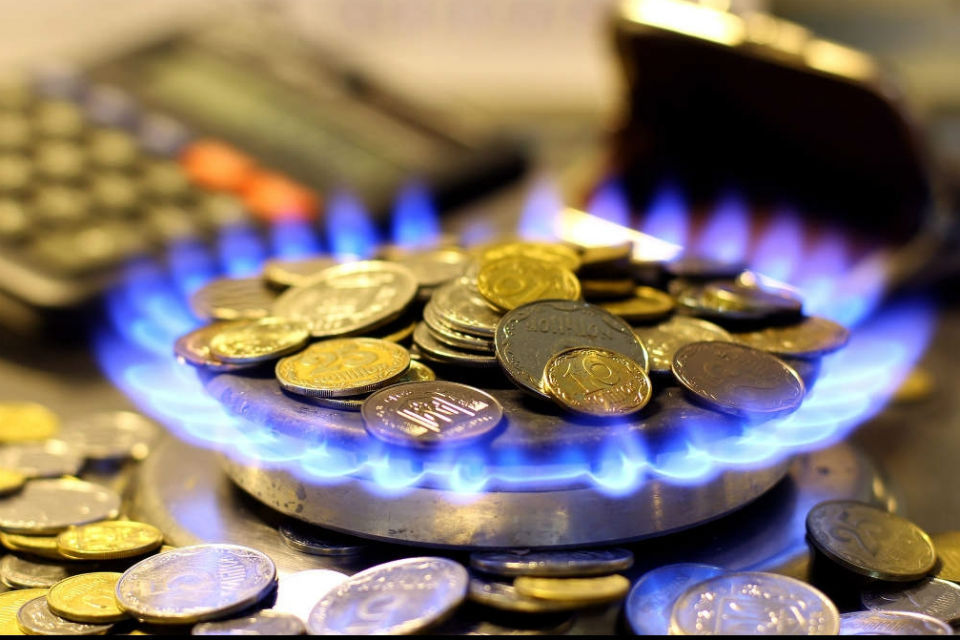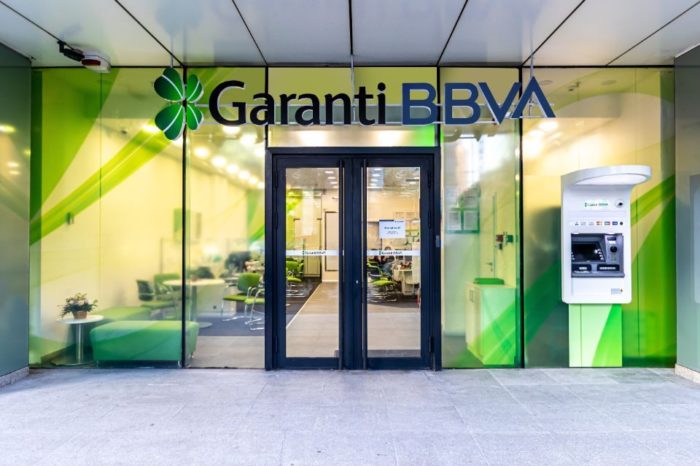E.ON: Natural gas remains essential for the energy transition, including in the heating sector in Romania

The official announcement regarding the development plan for commercial natural gas deposits in the Black Sea, as well as the start of work on the pipeline that will transport natural gas from the offshore perimeter, are extremely important signals for strengthening Romania’s energy security and arguments to reaffirm the importance of natural gas in the energy transition framework, according to E.ON Romania representatives.
Natural gas, along with nuclear energy, remains indispensable as transition fuels to ensure (technically) operational security of energy systems and will remain so until the horizon of 2050 and, to some extent, even beyond. Reducing the share of natural gas in the energy mix may make sense for countries completely dependent on imports, but certainly not for Romania, which, unlike many EU countries, has the advantage of having its own (significant) natural gas resources and enjoys a reduced dependence on imported gas.
These natural gas resources, for the exploitation of which important sums have been invested, must be used to ensure the transition to an energy sector without fossil fuels. And this must be done within a reasonable time, longer than the one proposed by the European Commission, time to be used investing in green energy production capacities, but also in the infrastructure capable of taking all this energy.
The “all electric” approach can be a solution for countries that do not have their own natural gas reserves, but there are very big challenges in terms of economic costs and network readiness. In Romania, the situation is different because, in addition to significant natural gas reserves, there is also a vast infrastructure.
This infrastructure, totaling around 70,000 kilometres, serving industry and millions of people with heat, hot water and cooking, is key to the long-term decarbonisation of the heating sector. Together with existing networks, the transition to clean energy can be much more cost-effective, and the benefits for strengthening long-term energy security are obvious.
That is why it is important to remain focused on investments aimed at strengthening and expanding the natural gas infrastructure in accordance with the strategic decision to consider natural gas as a transition fuel, in parallel with the acceleration of research into the role that the national natural gas infrastructure has in accommodating green gases and, in particular, hydrogen.
The transition to sustainable heating systems will be a long-term process, and hydrogen plants, together with heat pumps and alternative heating systems (geothermal water, etc.), are among the most promising solutions at the moment for sustainable home heating . But it is not possible in the medium and even long term to heat homes only with heat pumps, mainly because the electricity networks in Romania were not designed to support the heating of millions of homes, and secondarily from the perspective of their high cost.













